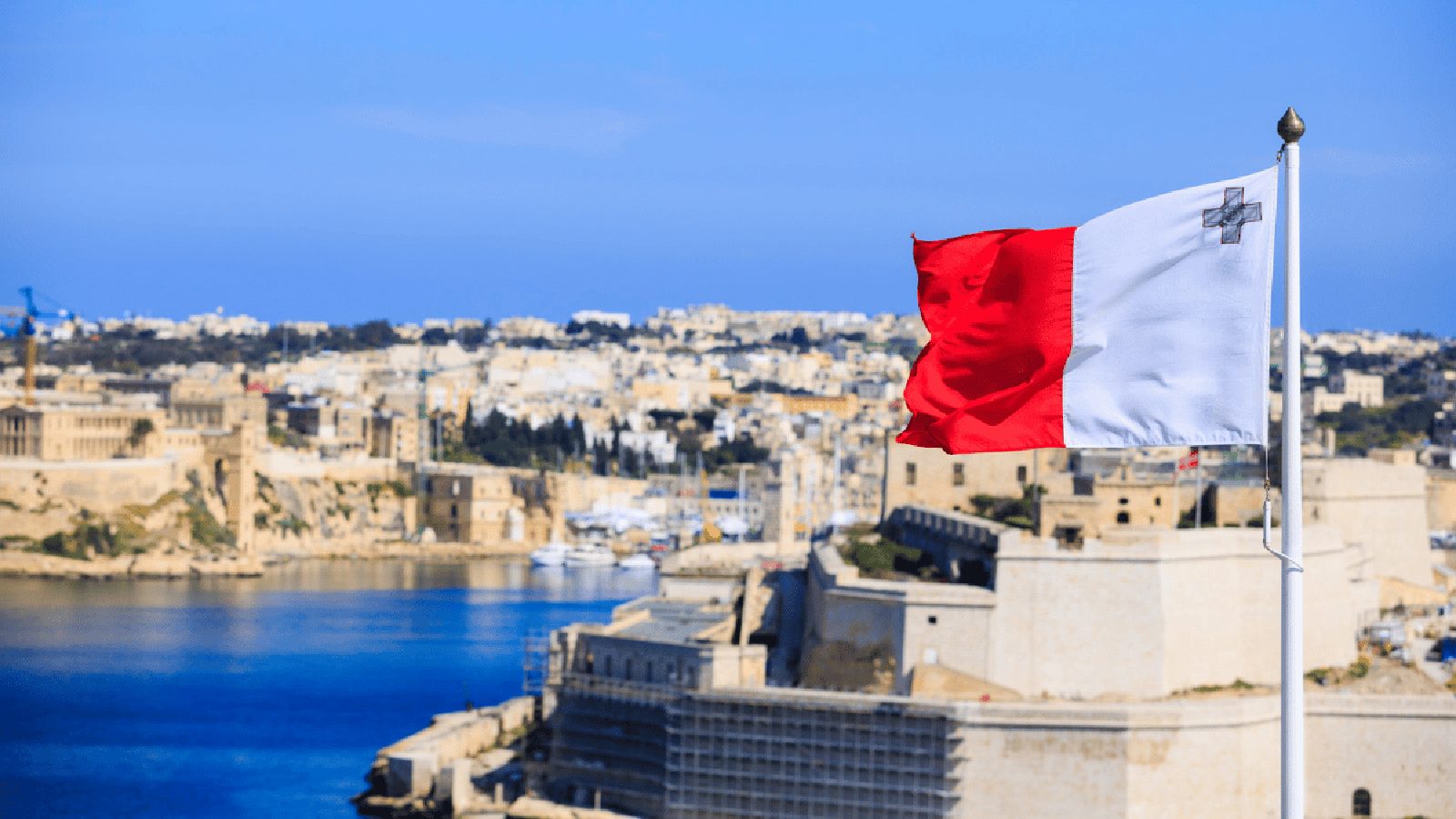Economic Challenges Hit Malta’s Restaurants

Malta’s restaurant industry is grappling with a 20% decrease in sales during the Christmas season compared to the previous year. Despite a surge in restaurant-goers, diners are reported to be spending less, prompting concerns among restaurateurs. The Association of Catering Establishments (ACE) attributes this decline to inflation, while public sentiment suggests other contributing factors.
Rising Prices and Lowered Standards:
Criticism has been directed at catering establishments for increasing prices while allegedly lowering their standards. Affordable options like pasta have become less accessible, and the cost of wine in restaurants has drawn negative comments. Comparisons with European cities and prices in popular destinations like Sicily emphasize the perception of high restaurant prices in Malta.
Service Quality Concerns:
The decline in service quality is another issue raised by the public, with complaints about staff from third-world countries lacking proficiency in English or Maltese. The impact of this on the overall dining experience contributes to the negative sentiment surrounding local restaurants.
Uncertainty Surrounding Foreign Workers:
The implementation of a skills card for foreigners seeking jobs in the tourism industry, originally set for January, has been postponed to March. The lack of clarity on how this scheme will operate and its potential impact on existing employees in the catering industry raises concerns among both employers and workers.
Government's Warning Against Profiteering:
The Minister for Tourism, Clayton Bartolo, has warned restaurants against profiteering during the Christmas season. Despite acknowledging increased costs for restaurants, Bartolo emphasizes the importance of fair pricing and aligning costs with the category of the catering establishment.
Local vs. Tourist Spending:
Contrary to expectations, a significant portion of restaurant patrons during the festive season appears to be local Maltese citizens rather than tourists. This challenges the notion that tourism is a primary driver of restaurant business during holiday periods.
Inflation's Impact on Consumer Power:
The ongoing inflationary pressures are pushing food prices higher, leading to a weakening of “consumer power.” The latest economic update from the Central Bank reveals a dip in economic sentiment, particularly in the services and retail sectors.
Historical Perspective:
Amid economic challenges, an interesting diversion to Malta’s political history arises. A recent book by historian Joseph M. Pirotta explores the events leading to a national day of protest in 1958, shedding light on the political career of Dom Mintoff. Mintoff’s struggles and decisions during a critical period in Malta’s history are examined, providing a broader context for understanding the country’s socio-economic challenges.
Mintoff's Political Journey:
Pirotta delves into Mintoff’s political journey, from his early involvement in Labour’s Cospicua local section at the age of 17 to becoming the party’s General Secretary at 20. Mintoff’s attempts to raise the standard of living initially led to the proposition of Malta’s integration with the UK, revealing his impatience in achieving his goals.
Shift to Independence:
When the integration dream faltered, Mintoff pivoted to the option of independence. The disturbances on 28 April 1958 marked a significant turning point, as Mintoff officially embraced the slogan “Malta for the Maltese.” The book highlights Mintoff’s strategies, including splits within the Labour Party and a willingness to use blackmail for what he believed was in the national interest.
Understanding Economic Challenges Through History:
The historical context provided by Pirotta’s book offers insights into Mintoff’s subsequent actions after returning to power in 1971. While opinions on Mintoff’s methods may differ, the struggles he faced in improving Malta’s standard of living set the stage for a more nuanced understanding of the economic challenges faced by the country today.
Conclusion:
Malta’s restaurant industry faces multifaceted challenges, encompassing economic, social, and historical dimensions. As the government seeks solutions to support businesses, the public’s expectations regarding pricing, service quality, and the impact of foreign worker policies remain crucial considerations for the industry’s future.
FAQs:
What is causing the reported 20% decrease in restaurant sales during Christmas in Malta?
The decrease is attributed to a combination of inflation and diners spending less.
Why are catering establishments facing criticism for their pricing and standards?
Critics claim that restaurants are increasing prices while lowering their standards, leading to dissatisfaction among customers.
What is the status of the skills card for foreigners seeking jobs in Malta’s tourism industry?
The implementation has been postponed to March, with uncertainty about its impact on existing employees.
What is the government’s stance on restaurant pricing during the Christmas season?
Minister Clayton Bartolo has warned against profiteering, emphasizing fair pricing aligned with the establishment’s category.
Who are the primary patrons of restaurants during the festive season, locals or tourists?
Contrary to expectations, a significant number of patrons are local Maltese citizens.
How is inflation impacting consumer power in Malta?
Inflation is driving food prices higher, leading to a weakening of consumer power, as indicated in the Central Bank’s economic update.
What historical event is explored in Joseph M. Pirotta’s book?
The book delves into the national day of protest in 1958, examining the political career of Dom Mintoff.
Why did Mintoff initially propose Malta’s integration with the UK?
Mintoff believed integration would raise the standard of living, showcasing his impatience in achieving immediate results.
How did Mintoff’s political strategies shape Malta’s path to independence?
Mintoff’s actions, including splits within the Labour Party, culminated in the embrace of “Malta for the Maltese” and a shift to independence.
What insights can be gained from understanding Mintoff’s actions in the 1970s?
Mintoff’s struggles in improving Malta’s standard of living offer a historical context for understanding contemporary economic challenges.
Esther
I am a professional writer with 8 years of experience in this field and I can provide you with the best-written content you can find. Education B.A. - English, George Washington University, United States, Graduated 2011.
Recommended Posts

Discover iGaming Opportunities in Malta
July 26, 2024

Financial Aspects of Doing Business in Malta
July 26, 2024

Casino999.dk & Delasport Enhance Sports Betting
July 26, 2024



